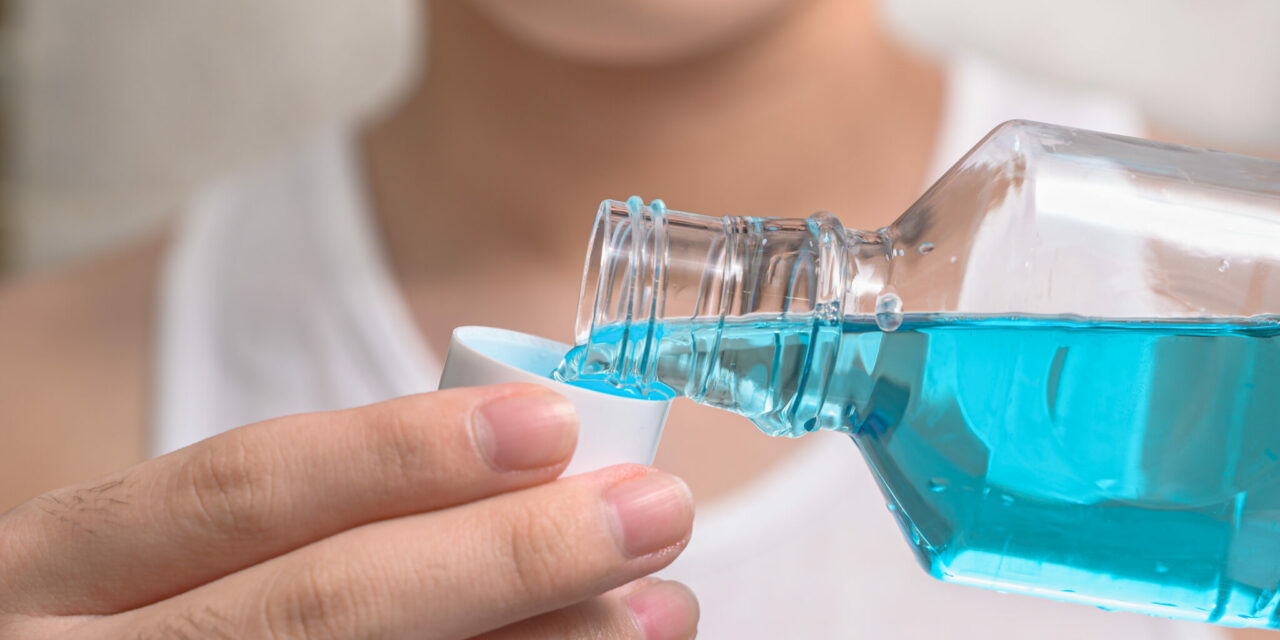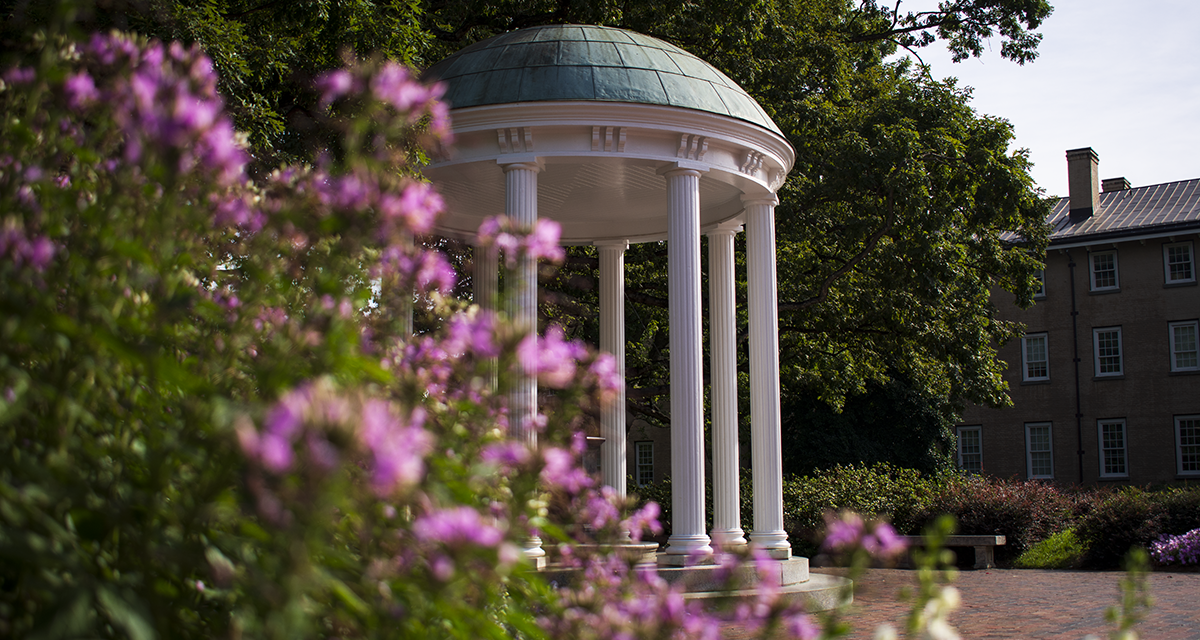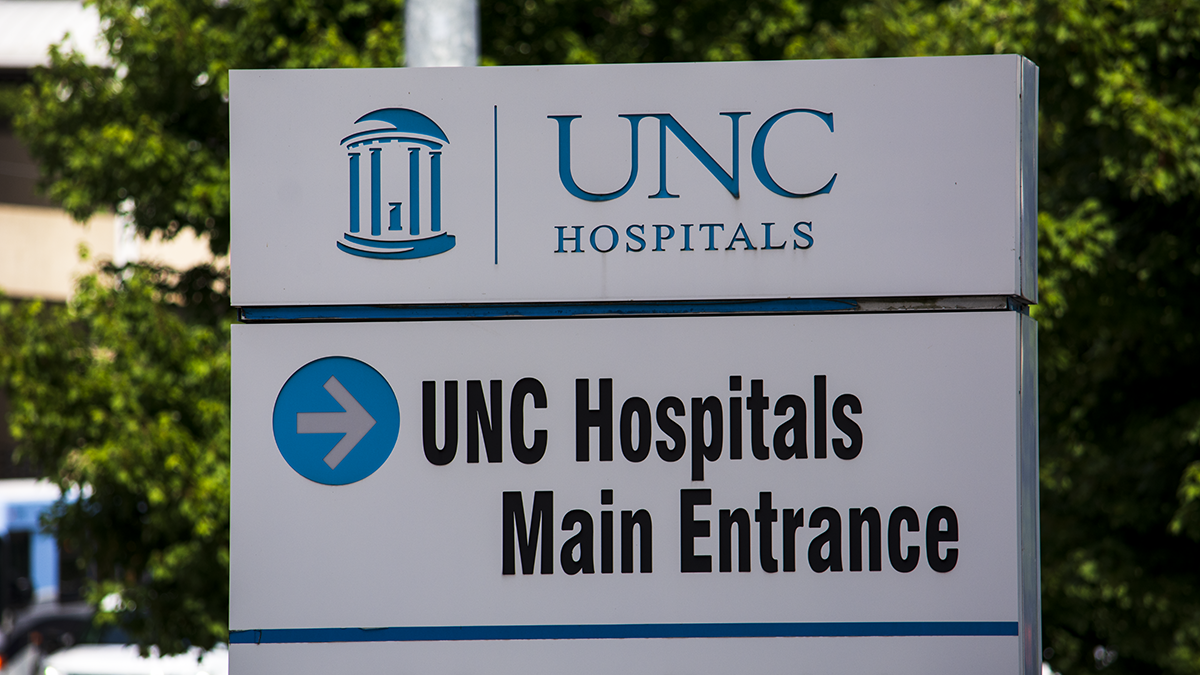Researchers at UNC’s Adams School of Dentistry have launched a new clinical trial to determine whether mouthwash can reduce the spread of coronavirus.
While laboratory experiments have shown that mouthwash can quickly kill coronaviruses, there’s currently no data that indicates whether mouthwash can prevent the virus from infecting people.
“There has been work done on SAR-CoV-2 that show that, in a test tube, these mouth rinses are able to inactivate the virus – but there has been a lack of human studies to see whether or not it works in people who are using it in day-to-day circumstances,” said principal investigator Laura Jacox, director of the Orthodontic Research Program at the Adams School of Dentistry.
Jacox said the focus of this research is to find a way to lower the risk of coronavirus transmission in situations where masking and being more than six feet apart might not be an option, such as during dental procedures.
The clinical trial will test over-the-counter mouthwashes that contain common antiseptic ingredients.
“All of the mouth rinses we’re testing in this study are FDA approved, commercially available mouth rinses like hydrogen peroxide and ethanol-based products,” Jacox said. “So, things that are safe and widely-used so that if one of them is effective at reducing salivary infectivity, it could be rapidly and easily disseminated so that people could start using it in their day-to-day life without going for months waiting for the FDA approval process.”
Jacox and her team at the dental school plan to measure how much virus is found in saliva before and after using mouthwash according to the directions on the label.
Because the mouth continually makes saliva, samples will be collected by trial participants – and tested every 15 minutes for an hour – to track how long any reduction in viral load lasts.
“We’re hoping that it works for at least 15 or 30 minutes because that would help, not only in a dental setting, but in many other settings,” Jacox said. “If you need to give a talk at work, if you want to have drinks with friends – having everybody rinse prior to things that generate aerosols like talking or singing could help to reduce the risk in those settings too.”
Jacox said many of these over-the-counter mouthwashes already proved to be effective in initial laboratory testing prior to these clinical trials.
“We are optimistic that at least one, if not more than one, will have some effect both on reducing viral replication and on reducing viral infectivity – which is the ability of the virus to actually infect cells,” Jacox said.
Adults between the ages of 18 and 65 who have tested positive for COVID-19 within the past seven days are eligible to participate in the trial. Jacox said they are hoping to enroll 300 people and release early study results in the late spring or early summer of this year.
For more information about enrolling in the trial, call 984-363-6243 or email gohealthcenter@unc.edu.
Lead photo via UNC.
Chapelboro.com does not charge subscription fees. You can support local journalism and our mission to serve the community. Contribute today – every single dollar matters.






